Opposition leader Lee Jae-myung vows to continue impeachment votes against President Yoon Suk-yeol as political fallout deepens.
South Korean police have conducted a series of raids in Seoul, including an attempted search of President Yoon Suk-yeol’s office, as part of investigations into his failed attempt to impose martial law.
Late last Tuesday, the conservative leader, frustrated by the opposition’s majority in the National Assembly, unexpectedly announced the emergency decree, claiming he wanted to tackle “shameless North Korea followers and anti-state forces”.
It was the first time in more than 40 years that martial law had been used in South Korea, an uncomfortable throwback to the country’s former military dictatorship. Yoon's order lasted just six hours, as politicians managed to enter parliament and strike it down in a vote.
Investigations into the disastrous episode are now gathering pace, with Yoon and other high-level officials slapped with travel bans.
On Sunday, former defence minister Kim Yong-hyun became the first person to be detained in relation to last week's events.
A total of 18 investigators were sent on Wednesday to Yoon’s office to secure records relating to a cabinet meeting that was held in the run-up to the martial law decree, according to local media.
However, it is unclear whether they gained access to the office, as reports suggest that they were initially denied entry by Yoon’s security team.
Elsewhere in the South Korean capital, police also conducted raids on the Korean National Police Agency, the Seoul Metropolitan Police Agency and the National Assembly Guards.
Early on Wednesday morning, police arrested two police chiefs, Cho Ji-ho, the Korea National Police Agency Commissioner, and Kim Bong-sik, the head of the Seoul Metropolitan Police Agency. Both men are accused of ordering their officers to block politicians’ access to the National Assembly so as to prevent them from annulling the emergency decree.
This comes as Kim, the former defence minister, allegedly attempted suicide in custody. Shin Yong Hae, the commissioner general of the Korea Correctional Service, told politicians on Wednesday that he had been prevented from doing so, adding that he was now in a stable condition.
Prosecutors have up to 20 days to charge Kim, who, along with Yoon and others, could be put on trial for insurrection, which carries the death sentence as its maximum penalty.
In a statement released on Tuesday, Kim said he“deeply apologises for causing significant anxiety” to the public. He also admitted responsibility for the imposition of martial law.
Kwak Jong-keun, an army commander whose troops were sent to parliament, said on Tuesday that Kim had instructed him to block politicians’ access to the National Assembly’s main chamber.
Yoon later called, urging him to “quickly destroy the door and drag out the lawmakers who are inside,” said Kwak.
The president has apologised for his actions, and the head of his party has promised to arrange Yoon’s stable exit from office. Amid all the political uncertainty, questions remain over who is currently in charge of the country.
Lee Jae-myung, the head of the opposition Democratic party, said he and his colleagues will continue their efforts to impeach the president. Their first attempt failed on Saturday, when Yoon’s People Power Party boycotted the vote. They will try again this Saturday.
“We will keep doing this until he is impeached,” Lee told The New York Times on Monday. “More people are joining in the struggle with growing fervour. We will try to get this done by Christmas.”
North Korea broke its silence on Wednesday about the political chaos in South Korea, with Pyongyang’s state media calling Yoon “a traitor” and his army “gangsters”.

 3 weeks ago
8
3 weeks ago
8
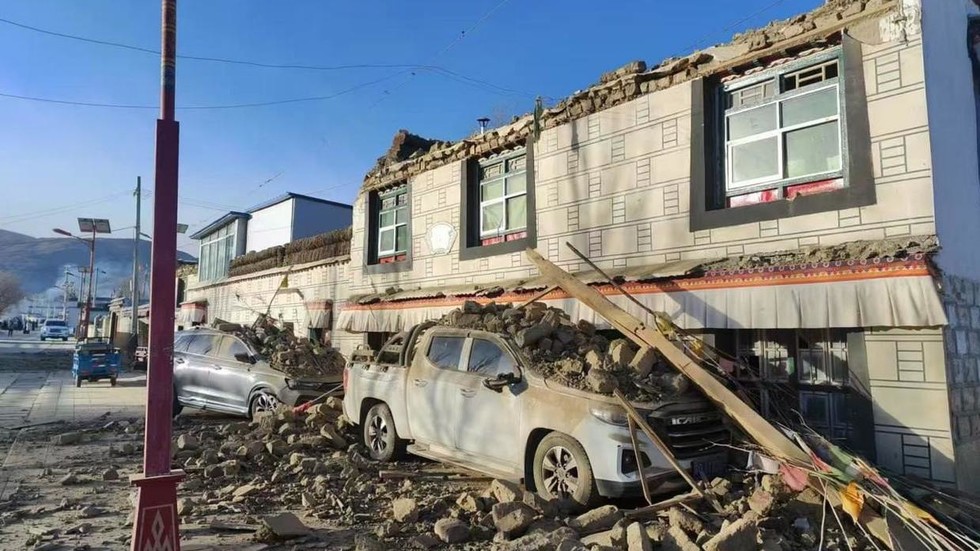

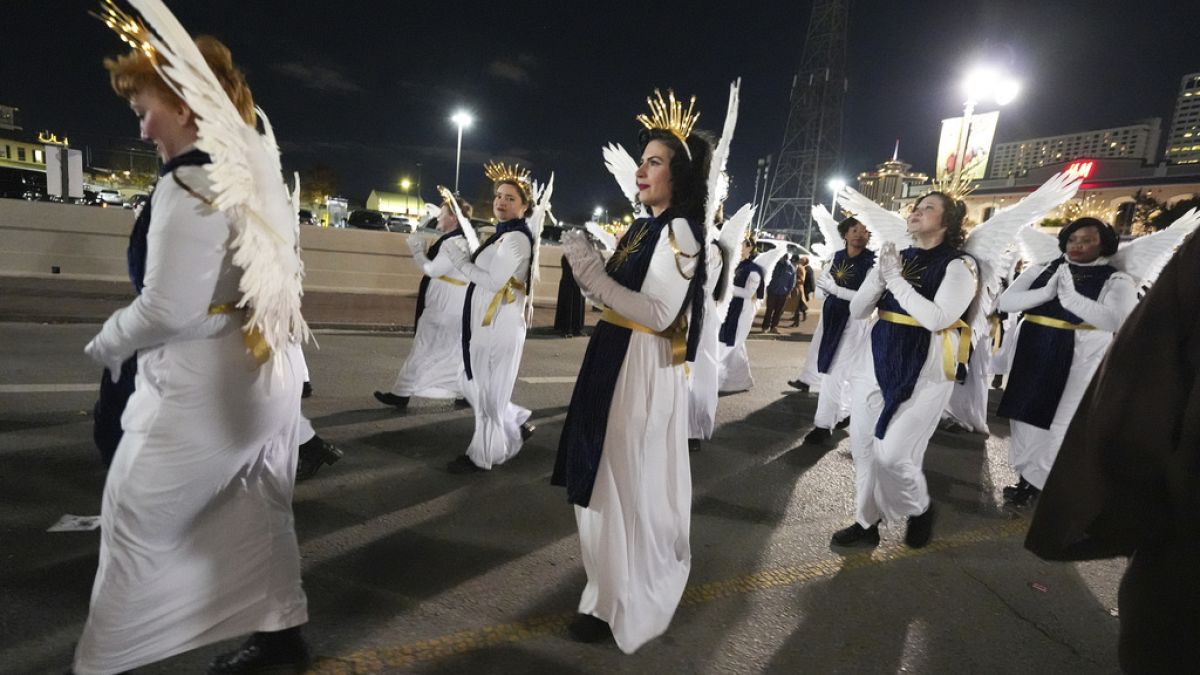
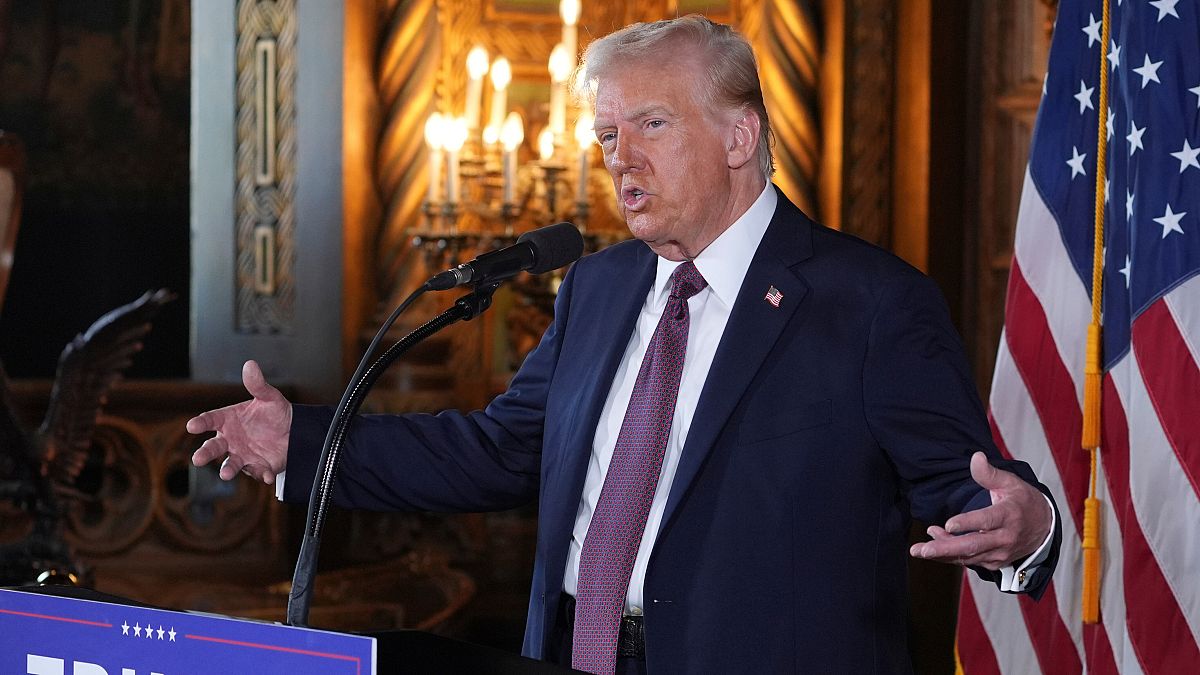
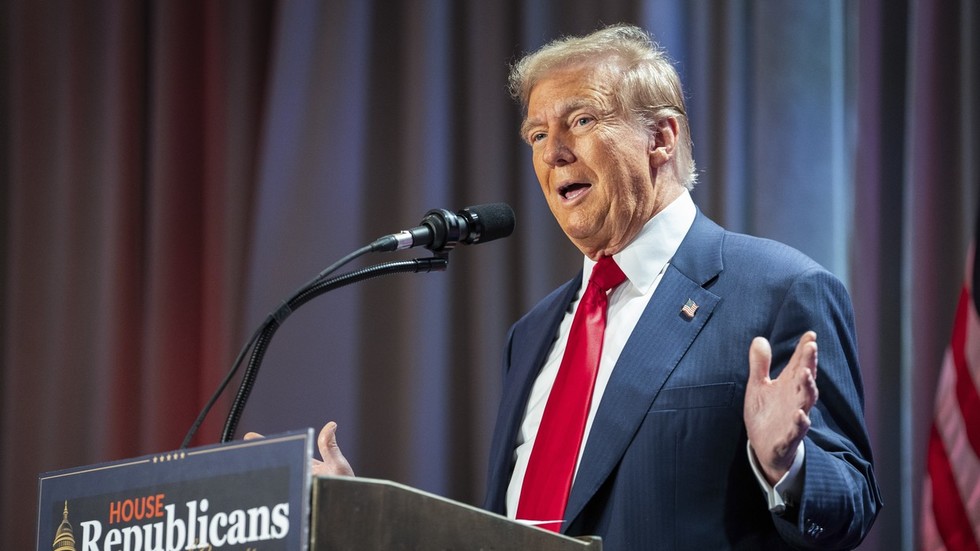
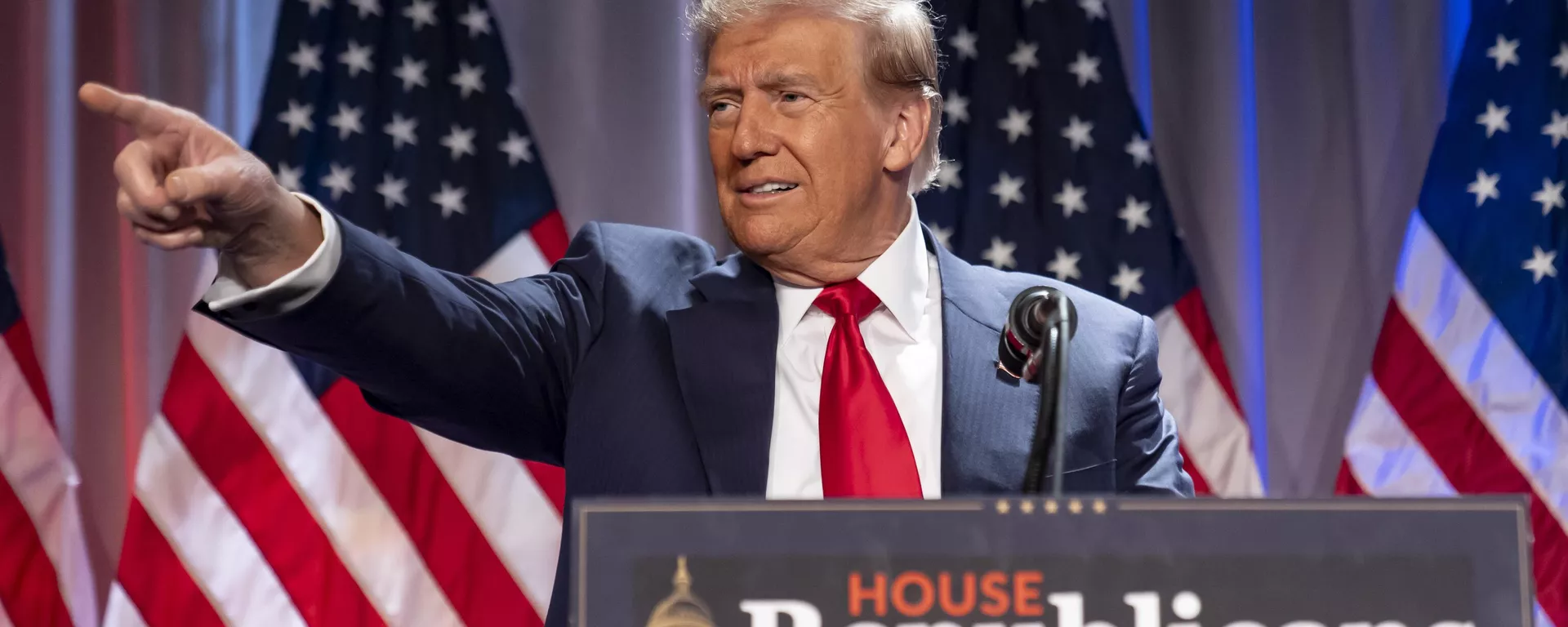
 We deliver critical software at unparalleled value and speed to help your business thrive
We deliver critical software at unparalleled value and speed to help your business thrive






 English (US) ·
English (US) ·